Dairy farmers are planning to cut their use of Jersey bulls by 30% this year, according to the ICBF.
A sample of 2,740 dairy herds that use the HerdPlus sire advice tool shows that the number of cows marked for a Jersey bull is down 27.3% since last year. Some 25,146 cows were allocated a Jersey bull last year, compared to 18,271 so far this year.
The ICBF’s mating planner shows that around 6% of the 294,651 cows have been nominated to take a Jersey sire this spring.
Last year, the level of Jersey use in the ICBF planner was over 9% and in recent years, Jersey bulls have been used on around 10% of the national dairy herd.
There is no doubt that the challenges farmers faced with lower value bull calves has shifted the focus, as well as the focus on beef from the dairy herd
The ICBF figures show that 5,867 cows have been nominated for a beef bull, but the vast majority, 254,251 cows, are to be bulled with a Holstein Friesian sire.
Technical director of the ICBF Andrew Cromie described the drop-off in Jersey use as “quite significant” and agreed that it was a turning point for the national herd.
The HerdPlus figures are representative of the national picture, at 35% to 40% of the national herd. “There is no doubt that the challenges farmers faced with lower value bull calves has shifted the focus, as well as the focus on beef from the dairy herd,” he told the Irish Farmers Journal.
He said some farmers would switch to using sexed Jersey semen only, reducing the chances of having low value Jersey bulls, while others would change to Holstein Friesian sires.
Teagasc, too, has said that its breeding policy for 2019 will reduce Jersey use.
Only sexed Jersey semen will be used this year. It aims to reduce the number of low value dairy calves born in 2020 by using a greater proportion of beef semen.
That will be selected using the Dairy Beef Index to choose easy calving bulls, short gestation, with good beef merit.
Read more
Watch: a fertility master class in Moorepark
Dairy management: breeding season commences
Dairy farmers are planning to cut their use of Jersey bulls by 30% this year, according to the ICBF.
A sample of 2,740 dairy herds that use the HerdPlus sire advice tool shows that the number of cows marked for a Jersey bull is down 27.3% since last year. Some 25,146 cows were allocated a Jersey bull last year, compared to 18,271 so far this year.
The ICBF’s mating planner shows that around 6% of the 294,651 cows have been nominated to take a Jersey sire this spring.
Last year, the level of Jersey use in the ICBF planner was over 9% and in recent years, Jersey bulls have been used on around 10% of the national dairy herd.
There is no doubt that the challenges farmers faced with lower value bull calves has shifted the focus, as well as the focus on beef from the dairy herd
The ICBF figures show that 5,867 cows have been nominated for a beef bull, but the vast majority, 254,251 cows, are to be bulled with a Holstein Friesian sire.
Technical director of the ICBF Andrew Cromie described the drop-off in Jersey use as “quite significant” and agreed that it was a turning point for the national herd.
The HerdPlus figures are representative of the national picture, at 35% to 40% of the national herd. “There is no doubt that the challenges farmers faced with lower value bull calves has shifted the focus, as well as the focus on beef from the dairy herd,” he told the Irish Farmers Journal.
He said some farmers would switch to using sexed Jersey semen only, reducing the chances of having low value Jersey bulls, while others would change to Holstein Friesian sires.
Teagasc, too, has said that its breeding policy for 2019 will reduce Jersey use.
Only sexed Jersey semen will be used this year. It aims to reduce the number of low value dairy calves born in 2020 by using a greater proportion of beef semen.
That will be selected using the Dairy Beef Index to choose easy calving bulls, short gestation, with good beef merit.
Read more
Watch: a fertility master class in Moorepark
Dairy management: breeding season commences




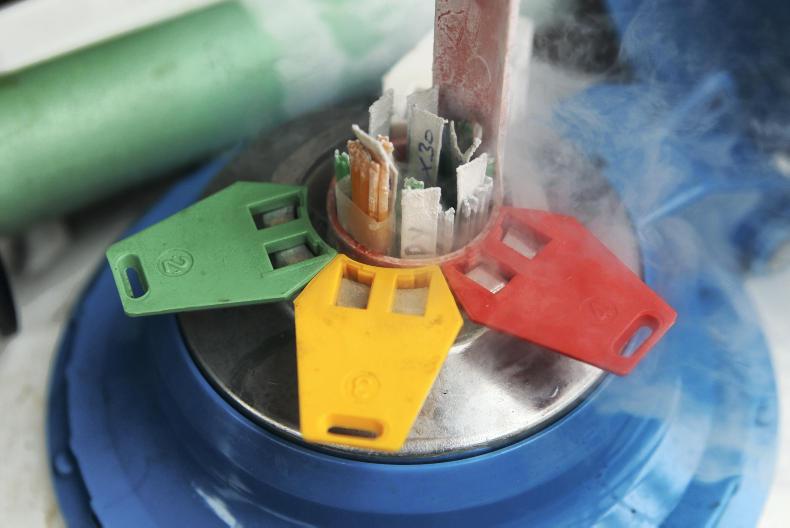
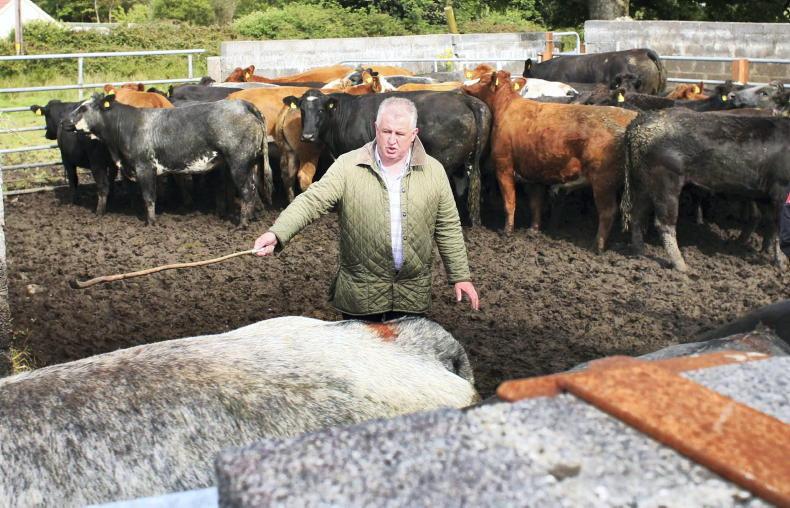

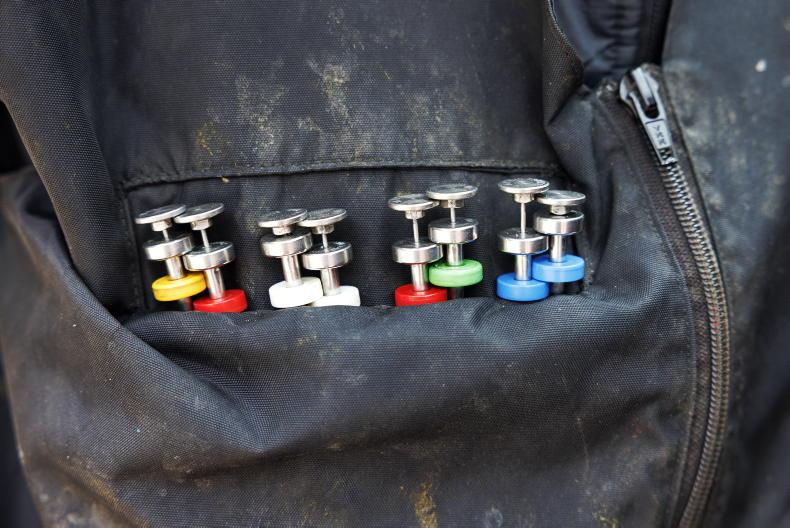
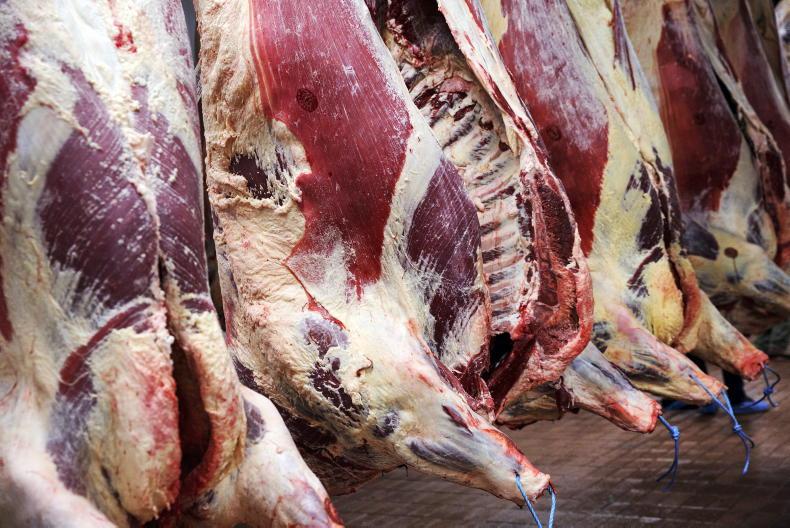
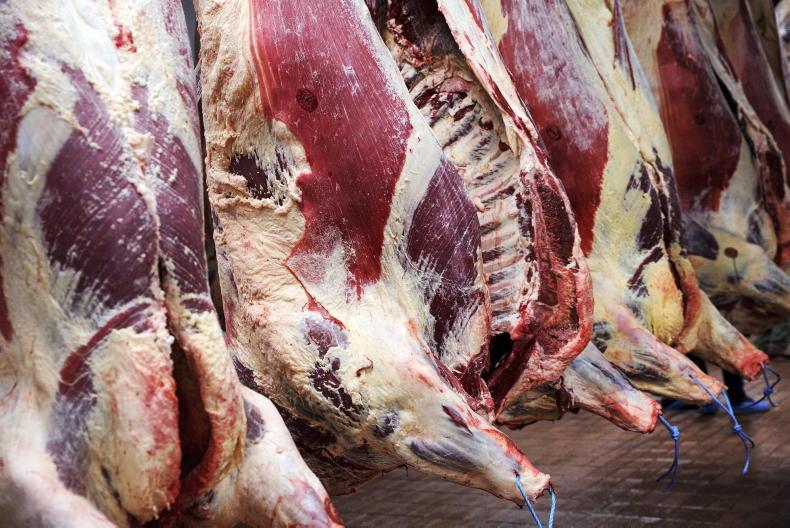
SHARING OPTIONS